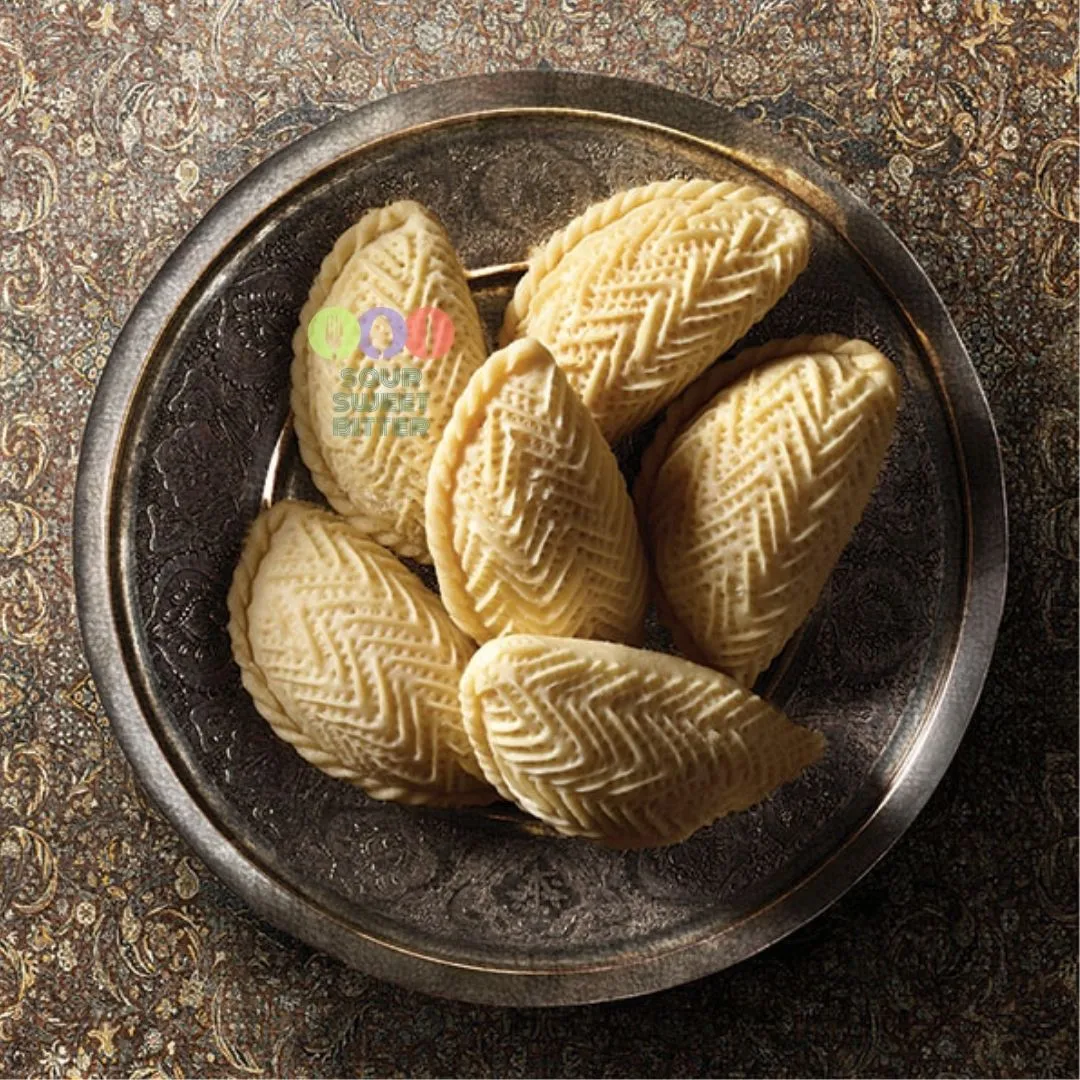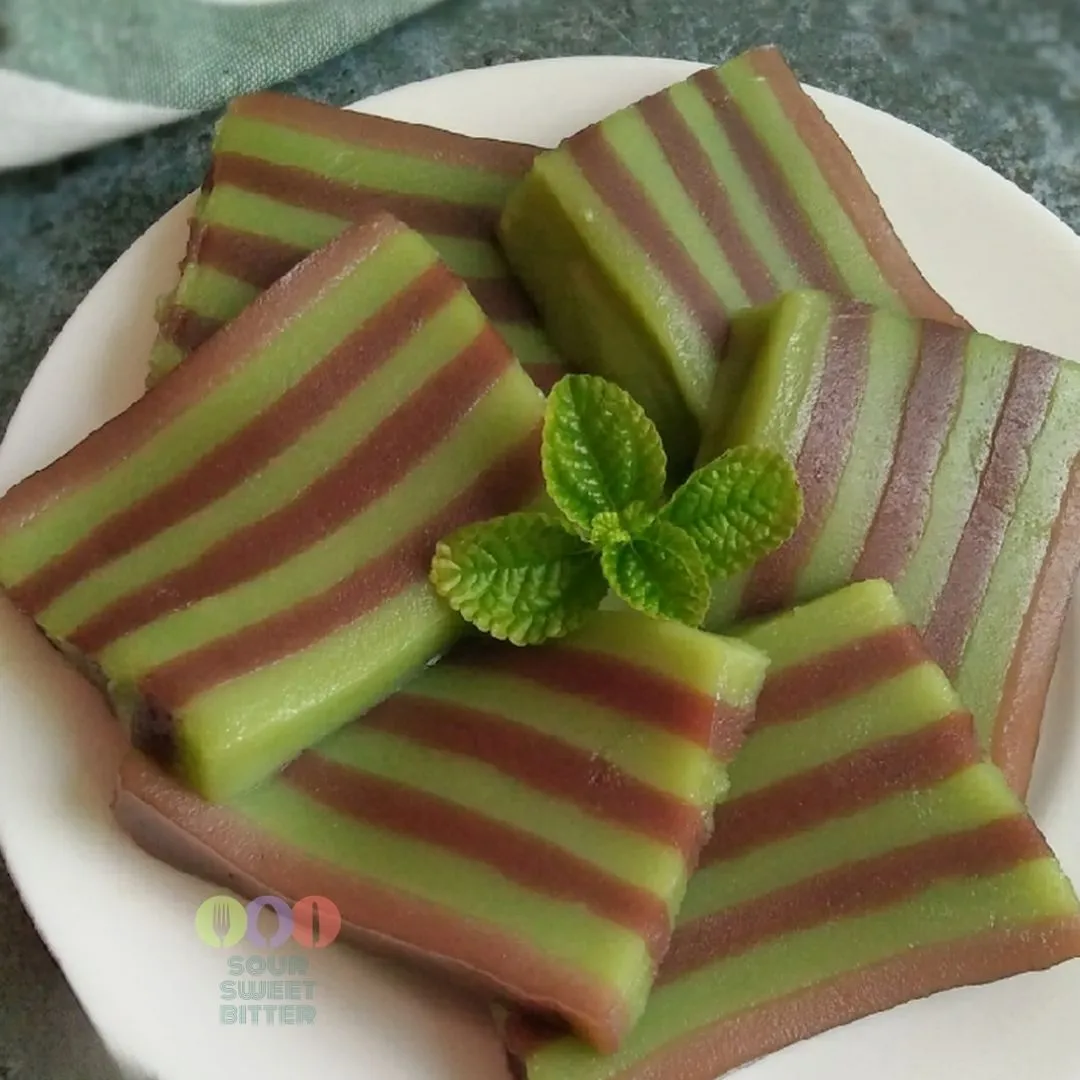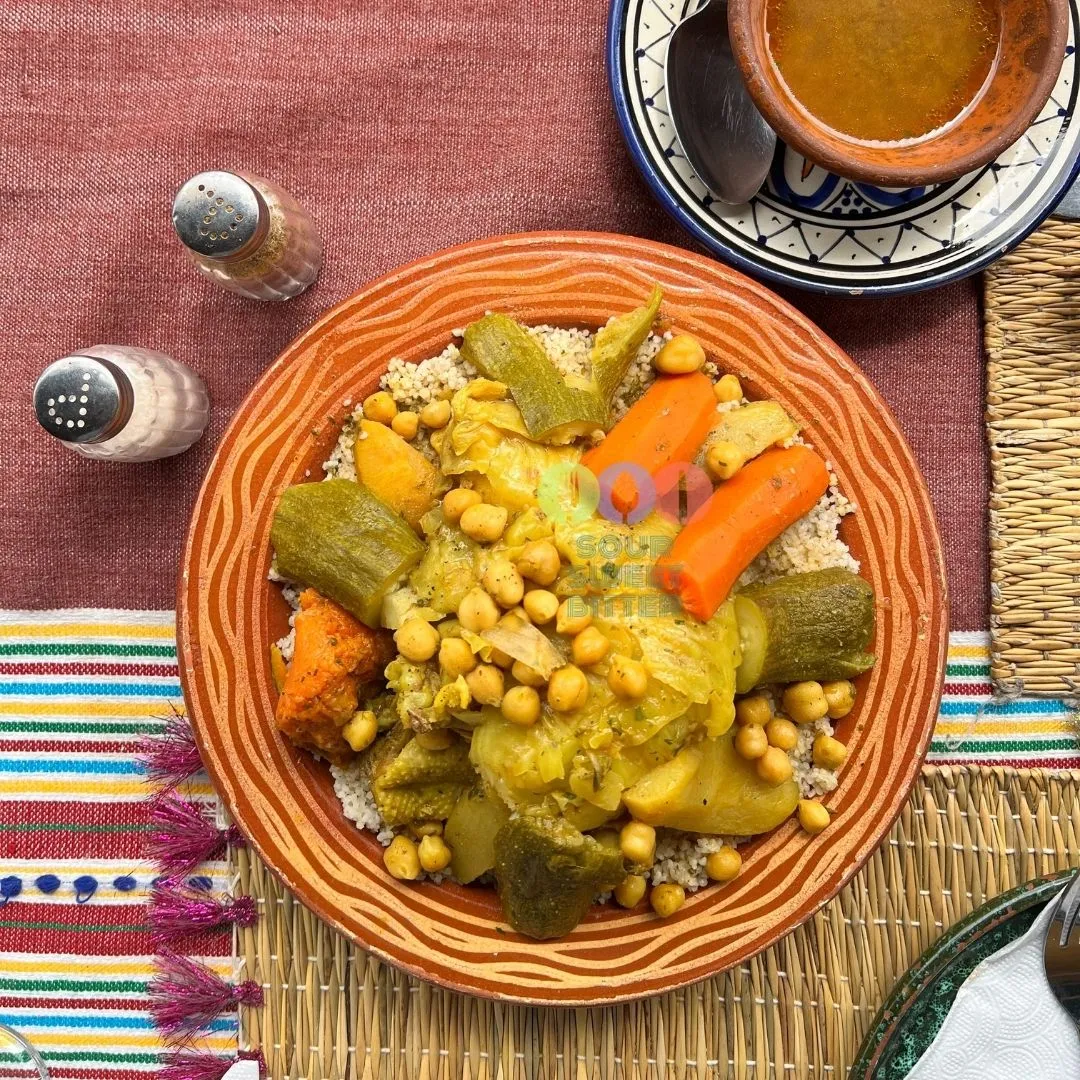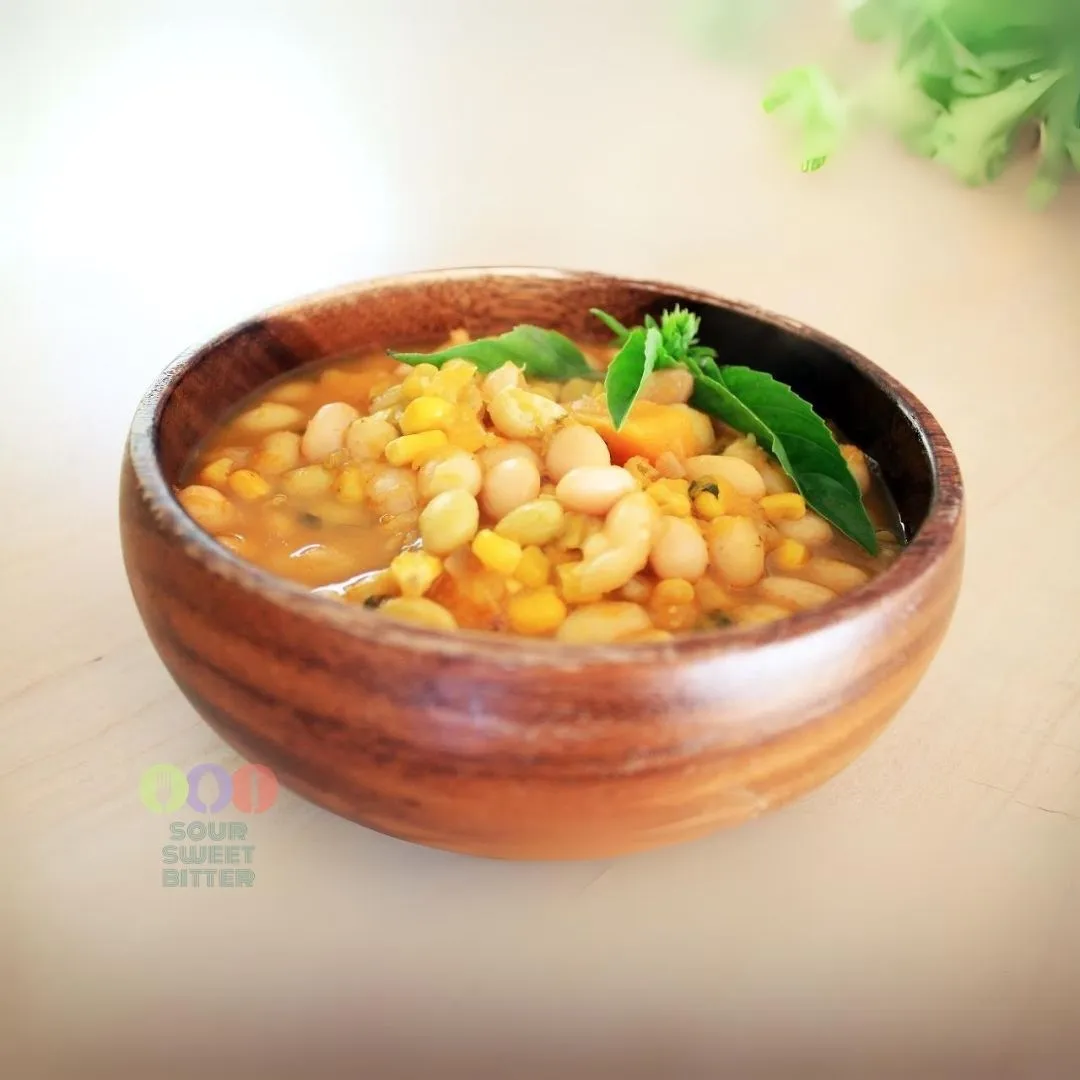Seychellois Rougail Saucisse: A Taste of Creole Heritage and Culture
Rougail Saucisse is a cherished dish in Seychelles, reflecting the rich Creole heritage. It blends the diverse culinary influences that have shaped the islands’ culture. This savory sausage stew, infused with the vibrant flavors of tomatoes, onions, garlic, and spices, is more than just a meal. It serves as a cultural emblem of Seychellois identity.
The Cultural Significance of Rougail Saucisse in Seychelles
In Seychellois cuisine, the essence of Creole culture is unmistakable. It is a unique blend of African, European, Indian, and Chinese influences. Rougail Saucisse perfectly embodies this cultural fusion. The dish typically features locally made sausages simmered in a fragrant tomato-based sauce. Moreover, the addition of chili and local spices gives it a distinct Seychellois twist. This sets it apart from similar dishes on other Indian Ocean islands like Réunion.
This dish holds a special place in the hearts of the Seychellois people. It is a staple in home cooking, often served at family gatherings, celebrations, and community events. The preparation of Rougail Saucisse is usually a communal activity. Family members come together in the kitchen to chop vegetables, mix spices, and simmer the stew to perfection. Thus, the dish fosters a sense of community and shared heritage. It reinforces the close-knit nature of Seychellois society.
A Reflection of Seychellois History and Diversity
The history of Rougail Saucisse in Seychelles is linked to the islands’ colonial past. The dish has roots in French and African cuisines, brought to the islands by settlers and enslaved Africans. Over time, it evolved to include elements from Indian and Chinese culinary traditions. This evolution reflects the multicultural fabric of Seychellois society.
Today, Rougail Saucisse is more than just a dish. It celebrates the islands’ cultural diversity. It showcases the adaptability and creativity of the Seychellois people in making use of locally available ingredients. The result is a meal that is both comforting and full of flavor. The dish is a testament to how food can bridge different cultures, uniting them in a shared culinary tradition.
Rougail Saucisse in Modern Seychellois Cuisine
In modern Seychelles, Rougail Saucisse remains a beloved part of the local cuisine. While traditionally served with rice, it has found its way into contemporary culinary expressions. Some chefs now add their unique twists to the classic recipe. However, the core essence of the dish—its deep, comforting flavors and its role as a symbol of cultural identity—remains unchanged.
For visitors to Seychelles, trying Rougail Saucisse is essential to experiencing the local culture. It is not just about tasting a delicious meal; it is about connecting with the history, traditions, and spirit of the Seychellois people. Whether enjoyed in a family home or at a local restaurant, Rougail Saucisse offers a flavorful glimpse into the heart of Seychelles’ Creole heritage.
Discover Traditional Recipes from Seychelles Discover Traditional African Recipes You may like this also: Peruvian Humitas You may like this also:Ivorian Sauce Arachide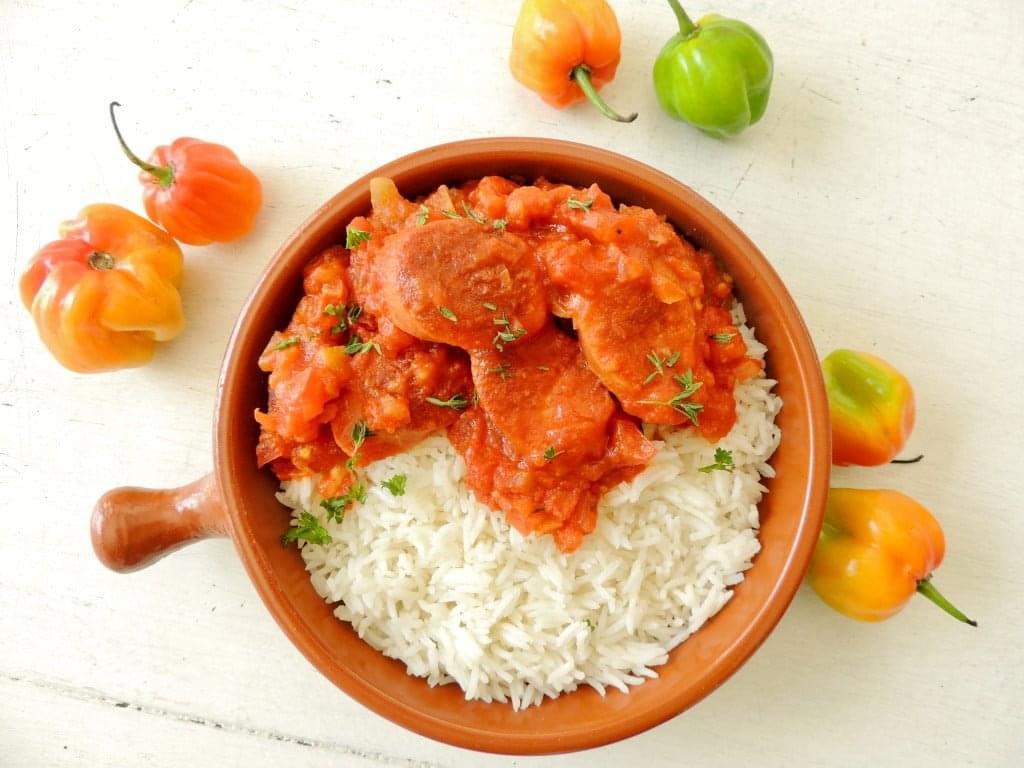
Seychellois Rougail Saucisse
Ingredients
Instructions
-
Fill a deep pan halfway with water. Add a pinch of salt. Pierce the sausages with a fork and drop them into the boiling water. Cook for about 15 minutes until softened. Remove from water using a strainer and set aside.
-
Crush the garlic, black pepper, ginger, salt, thyme and chili pepper in a mortar until a smooth consistency is achieved.
-
Cut the boiled sausages into slices and put them in a pot.
-
Add the spice mixture you prepared. Add 1 glass of water along with tomatoes and onions. Wait until it boils, cover the pot, add enough water and cook for 90 minutes.
-
Serve with steamed rice, salad and red peppers. Bon Appetit!


